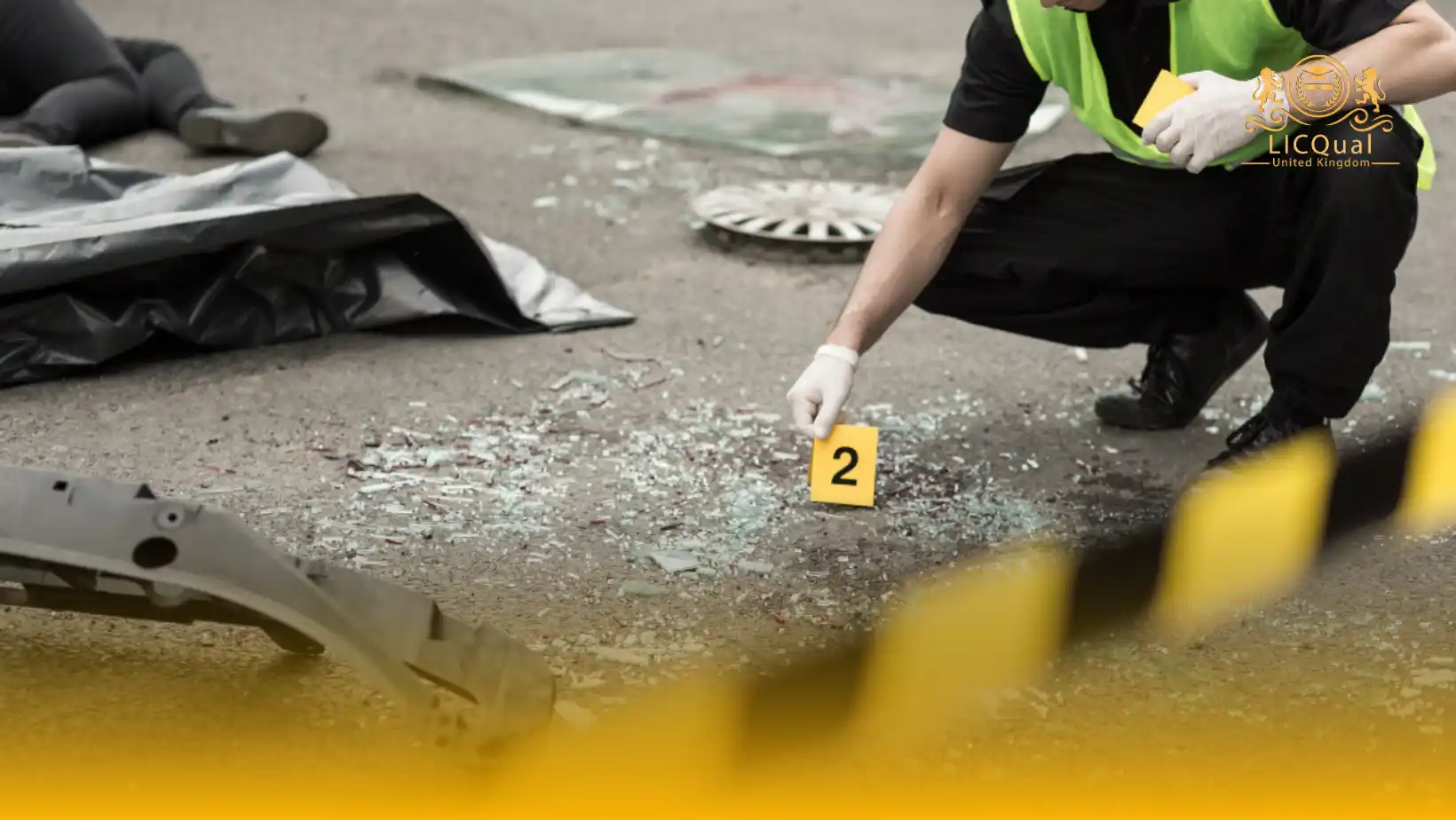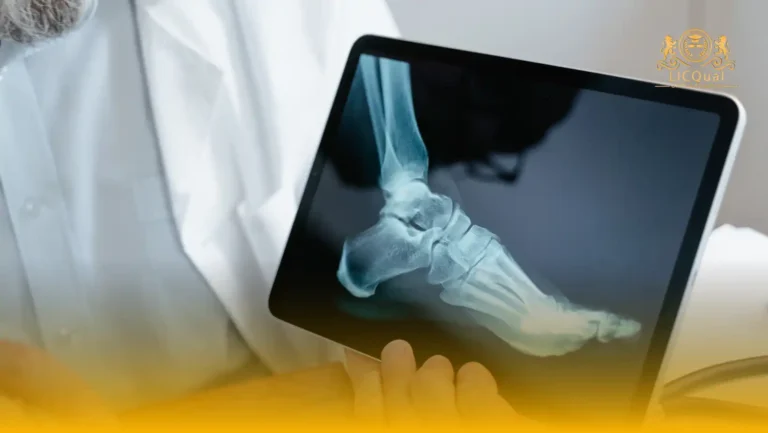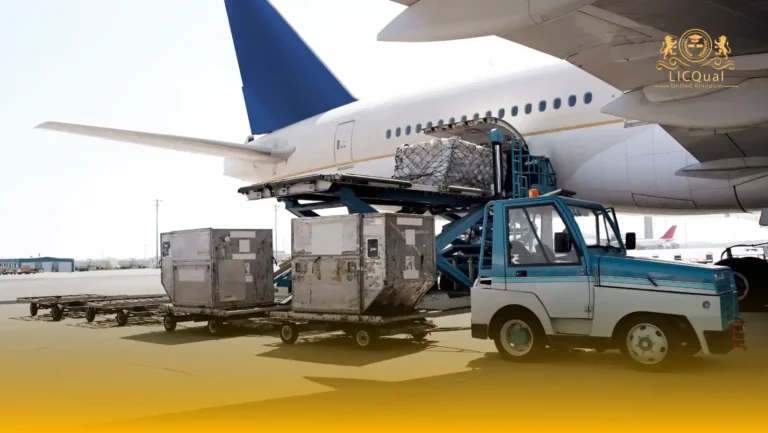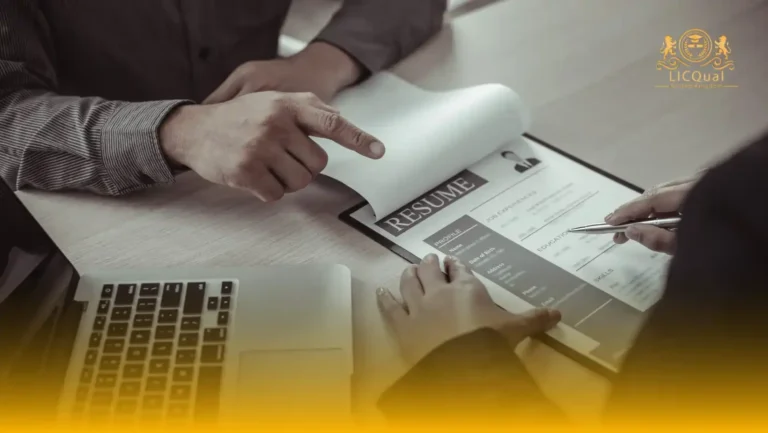Welcome to the LICQual Award in Transportation Accident Investigation, a specialized course designed for professionals in the transportation, safety, and investigation fields. This qualification provides essential skills and knowledge needed to investigate and analyze transportation-related accidents, focusing on road, rail, air, and maritime incidents.
The course is ideal for safety officers, accident investigators, law enforcement personnel, and anyone involved in transportation safety or regulatory compliance. By completing this course, you will be equipped with the expertise to conduct thorough investigations, identify root causes, and recommend solutions that improve safety standards across the transportation industry.
The LICQual Award in Transportation Accident Investigation offers an advanced approach to understanding the complexities of transportation accidents. Through a blend of theoretical knowledge and practical application, participants will develop the skills necessary to respond effectively to accidents, preserving evidence, conducting interviews, and analyzing crash data to prevent future incidents.
This course covers all critical aspects of transportation accident investigation, focusing on identifying causes, collecting evidence, and producing comprehensive reports. Participants will learn investigative techniques tailored to various modes of transportation, including analyzing vehicle damage, environmental factors, and human error.
The course also delves into legal and regulatory considerations, teaching students how to ensure investigations comply with industry standards and legal requirements.
Through case studies, real-world scenarios, and expert guidance, the LICQual Award in Transportation Accident Investigation prepares learners to take on leadership roles in accident investigation teams.
By the end of the course, you will be able to conduct effective, evidence-based investigations, contributing to improved safety protocols and reducing the risk of future transportation accidents. This globally recognized qualification is your step toward becoming an expert in transportation safety and accident investigation.
Course Overview
Qualification Title
LICQual Award in Transportation Accident Investigation
Total Units
6
Total Credits
6
GLH
12
Qualification #
LICQ2200056
Qualification Specification
To enroll in the LICQual Award in Transportation Accident Investigation, applicants must meet the following criteria:
|
Qualification# |
Unit Title |
Credits |
GLH |
|---|---|---|---|
|
LICQ2200056-1 |
Introduction to Transportation Accident Investigation |
1 |
2 |
|
LICQ2200056-2 |
Investigative Techniques for Road Traffic Accidents |
1 |
2 |
|
LICQ2200056-3 |
Rail, Air, and Maritime Accident Investigations |
1 |
2 |
|
LICQ2200056-4 |
Evidence Collection and Preservation in Transportation Accidents |
1 |
2 |
|
LICQ2200056-5 |
Legal and Regulatory Frameworks in Transportation Accident Investigation |
1 |
2 |
|
LICQ2200056-6 |
Report Writing and Communicating Investigation Findings |
1 |
2 |
By the end of this course, learners will be able to:
Introduction to Transportation Accident Investigation
- Understand the fundamental principles of transportation accident investigation, including the importance of systematic investigation processes.
- Demonstrate the ability to secure accident scenes and begin evidence collection.
- Identify the key roles and responsibilities of investigators in determining accident causes and contributing factors.
Investigative Techniques for Road Traffic Accidents
- Apply investigative techniques specific to road traffic accidents, such as vehicle damage analysis, skid mark examination, and accident reconstruction.
- Analyze factors influencing road traffic accidents, including human error, road conditions, and weather.
- Conduct site inspections and gather critical data to determine the cause of road traffic accidents.
Rail, Air, and Maritime Accident Investigations
- Understand the specific investigative approaches for rail, air, and maritime accidents.
- Analyze data from different transportation modes, such as black box data in aviation or wreckage analysis in rail and maritime incidents.
- Adapt investigation techniques to the unique challenges of each transportation sector.
Evidence Collection and Preservation in Transportation Accidents
- Demonstrate effective methods for collecting and preserving physical evidence at accident scenes, ensuring its integrity and legal admissibility.
- Understand the importance of chain of custody and proper documentation in maintaining evidence quality.
- Implement best practices for handling, storing, and transporting evidence for further analysis.
Legal and Regulatory Frameworks in Transportation Accident Investigation
- Understand the legal and regulatory frameworks governing transportation accident investigations.
- Analyze the roles of regulatory bodies, accident investigation protocols, and compliance with transportation safety standards.
- Identify reporting requirements and legal responsibilities for investigators involved in transportation accidents.
Report Writing and Communicating Investigation Findings
- Develop the ability to write clear, concise, and legally sound accident investigation reports.
- Communicate findings effectively to stakeholders, regulatory bodies, and the public.
- Present recommendations for safety improvements based on investigation results and ensure compliance with industry standards.
This diploma is ideal for:
Assessment and Verification
All units within this qualification are subject to internal assessment by the approved centre and external verification by LICQual. The qualification follows a criterion-referenced assessment approach, ensuring that learners meet all specified learning outcomes.
To achieve a ‘Pass’ in any unit, learners must provide valid, sufficient, and authentic evidence demonstrating their attainment of all learning outcomes and compliance with the prescribed assessment criteria. The Assessor is responsible for evaluating the evidence and determining whether the learner has successfully met the required standards.
Assessors must maintain a clear and comprehensive audit trail, documenting the basis for their assessment decisions to ensure transparency, consistency, and compliance with quality assurance requirements.







